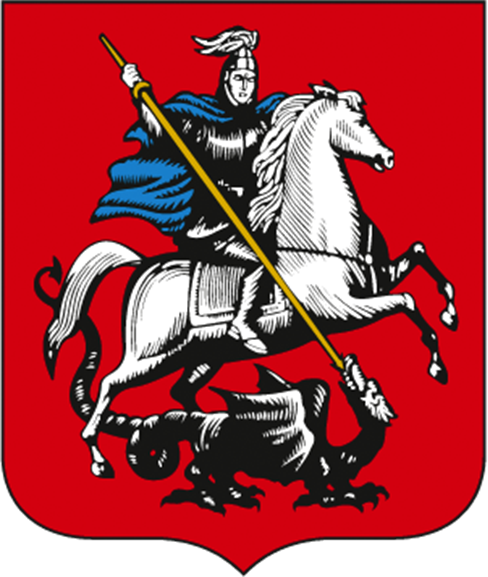Playing in Moscow as part of an Italian Culture Festival in Russia organized by the Galina Vishnevskaya Opera Centre and assisted government and diplomatic agencies of both countries was the Maggio Musicale Fiorentino orchestra conducted by the world-acclaimed Maestro Zubin Meta who has led the orchestra for a whole 17 years (simultaneously with the Israeli Philharmonic and the Bavarian State Opera which he has been collaborating with for the past five years now).
Zubin Meta is a conductor by grace of God. Only a handful of modern conductors can boast the charisma he has. Without inventing streamlined new concepts Zubin Meta is guided by some heavenly impulses, as if he were reading God’s own mind. Each time this flow of inspiration dries up professional mastery is called upon to take over providing a more or less excellent performance. In this sense Zubin Meta may be a bit unpredictable. But when inspiration comes back, Zubin Meta is almost second to none. Heady moments like this can last for a part of or a whole symphony or opera, and when this happens you simply forget about everything else, because this man not only conveys the meaning of the music he conducts but also its very soul. Let alone the musical atmosphere, which Meta creates like no one else does.
The culmination of Zubin Meta and his orchestra’s Moscow concerts came on the second night, which does not mean, of course that the opening, Russian, concert was any worse. He conducted Rimsky-Korsakoff s Sheherezada with brilliant ease that was augmented by the orchestra’s colorful and impassionate performance and the quintessentially Italian Cantilena came in very handy indeed. The Rite of Spring by Stravinsky opened a bit erratically but Zubin Meta eventually managed to gain full control over the orchestra and the audience. The orchestra pulled out all stops playing fiery encores of an intermezzo from Puccini’s Manon Lescot and the overture to the Force of Destiny by Guiseppe Verdi visibly relieved by a welcome chance to play their native music after the alien Stravinsky. All that was only a stepping-stone to the musical extravaganza that came the following night though…
Italians have traditionally been even less willing to play German or Austrian music than Russian music. Until recently there was only one Italian orchestra we knew of able to play this music right – the famous Filarmonica della Scala conducted by Ricardo Muti who several years ago offered a very excellent performance Schubert’s Ninth Symphony. Now we know another one (Muti has had a hand here too preceding Zubin Meta at the helm of Maggio Musicale Fiorentino).
Beethoven’s 3rd “Heroic” symphony played in the first half still fell shy of becoming the “moment of truth” that turns your soul upside down and making you feel a single whole with the conductor, orchestra and the music they play. They surely had their good moments, no doubt about that, but it was in Brahms One that Zubin Meta interpretational genius shone the brightest though bringing him up to par with the greatest interpreters of Brahm’s music who ever lived. Listening to Sergiu Chelibidake the following morning I could never decide which of the two was better. Frankly speaking, I would prefer Meta’s version because Chelibidake’s is a bit too artificial while Meta has that God-given inspiration, something that is so hypnotizing to musicians and listeners alike.
There was another miracle happening during the encores however. Тhe way Meta conducted and his orchestra played the overture to Mozart’s The Marriage of Figaro, so soft and fast moving but never hurried – this was nothing short of a miracle! And answering the question that has been asked ever since the advent of authentic performance: can Mozart (and others) be played by big orchestras these days? The answer is “yes”, if only you do it the way Zubin Meta and his Maggio Musicale Fiorentino orchestra do In other words, it all depends on who plays it and how he plays it, not the lineup. After such performance of Mozart, Brahms’ Hungarian Dance, excellently played as it was, came as just a pleasant albeit nonessential addition.
There has been much talk recently about the time of great conductors allegedly being over because they have all died out, and that it’s now the time of great orchestras. It’s absolute rubbish, of course, bit a malignant one too because culture officials everywhere now use this notion to put mediocre conductors to run top-flight orchestras (which quickly stop to be such). Managers concentrate too much power in their hands often leaving the chief conductors with just a consultative say. Moreover, orchestras are getting increasingly free to choose their conductors. Happily, great conductors, unlike dinosaurs, are still around and Zubin Meta is one of them.



